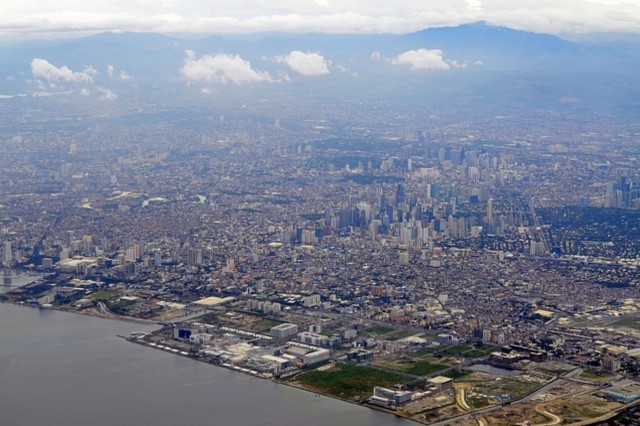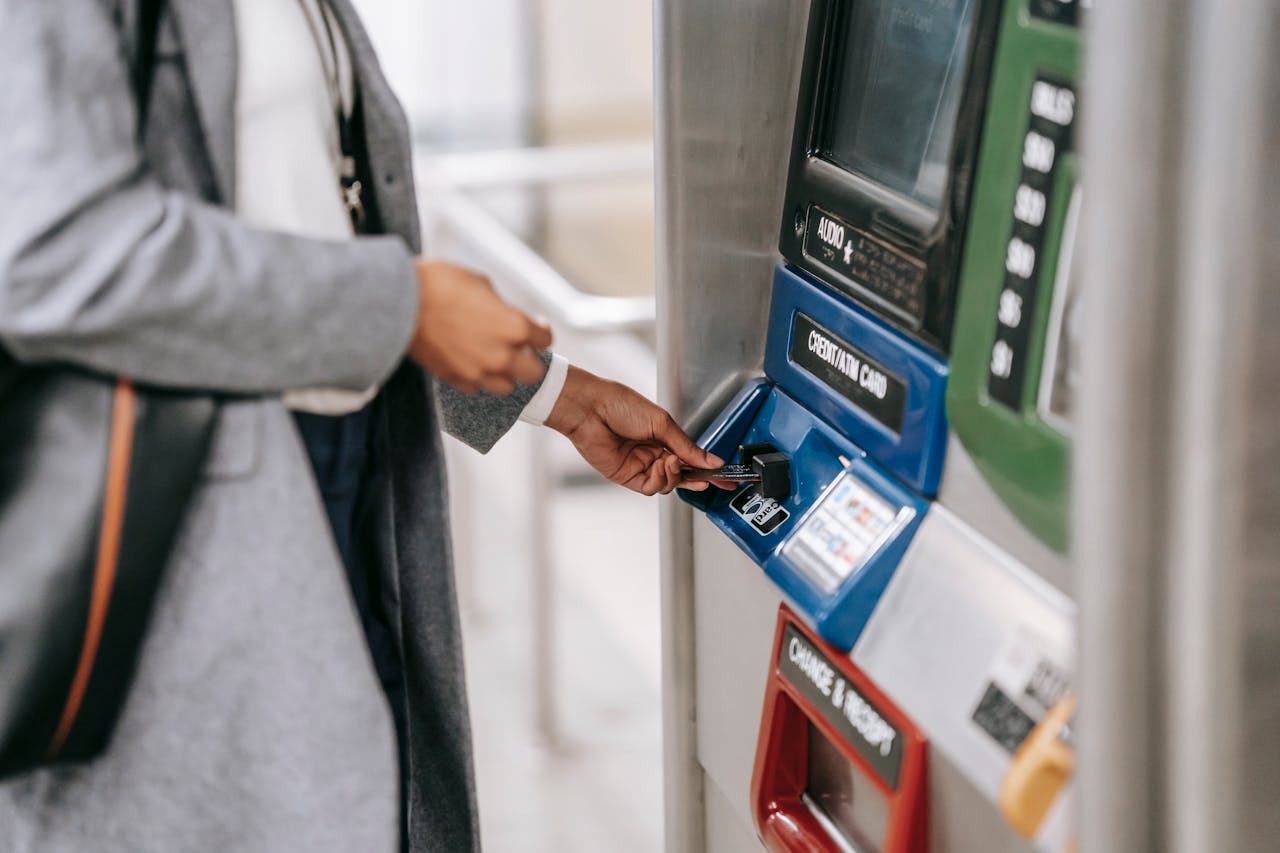

Philippines posted a record-high foreign direct investment in 2017 with net inflows totaled US$ 10.05 billion, a 21.4 percent rise compared to 2016, according to the Bangko Sentral ng Pilipinas (BSP).
The BSP announced on Mar. 12 that the foreign direct investment reached US$ 699 million in December, decreasing 9 percent compared to the same period last year.

However, the net inflows posted an annual record worth US$ 10.05 billion, significantly rising from last year’s US$ 8.28 billion.
The FDI net inflows surpassed the government’s target which was set on US$ 8 billion.
The BSP said the investors continue to see Philippines as promising investment destination due to strong macroeconomic fundamentals and growth prospects.
The central bank also reported net equity capital investments expanding by 25.9 percent to US$ 3.3 billion. Last year, gross placements was recorded at US$ 3.7 billion, surpassing withdrawals by US$ 479 million.
The Netherlands, Singapore, the United States, Japan, and Hong Kong are major source of investments, according to the BPS.
The investments were recorded on the sectors of gas, steam, and air-conditioning supply; manufacturing; construction; real estate; and wholesale and retail trade.
The central bank targets US$ 8.2 billion FDI net inflows for this year, or down 17.61% compared to the inflows realization in 2017.

Leading the Charge: Major Players in SEA’s Digital Lending Market
The fintech lending market in SEA is poised for substantial growth, including digital lending which is set to surpass digital payments as the primary revenue driver for the region's digital financial services sector by 2025, with a compound annual growth rate (CAGR) of 33%. This growth is fueled by the widespread adoption of automated loan origination processes and the seamless integration of financial services into digital platforms.

Unlocking Opportunities in the SEA Digital Financial Services Landscape
In recent years, Southeast Asia (SEA) has emerged as a hotbed for fintech innovation, transforming the financial landscape across its diverse markets. This transformation is characterized by a surge in digital financial services (DFS), revolutionizing how individuals and businesses manage their finances. However, the journey is not without its challenges, and understanding these is crucial for stakeholders aiming to navigate this rapidly evolving sector.

How SEA Startups are Navigating Funding Challenges
The startup ecosystem in Southeast Asia (SEA) has long been a vibrant hub for innovation and growth. However, recent global economic shifts and the aftermath of the COVID-19 pandemic have ushered in a new era of funding challenges.

Challenges for Sustainable Recovery in Southeast Asia
Sustainable recovery in Southeast Asia faces numerous challenges, yet also presents significant opportunities for green growth. Addressing sustainable issues is crucial for achieving a resilient and sustainable future.